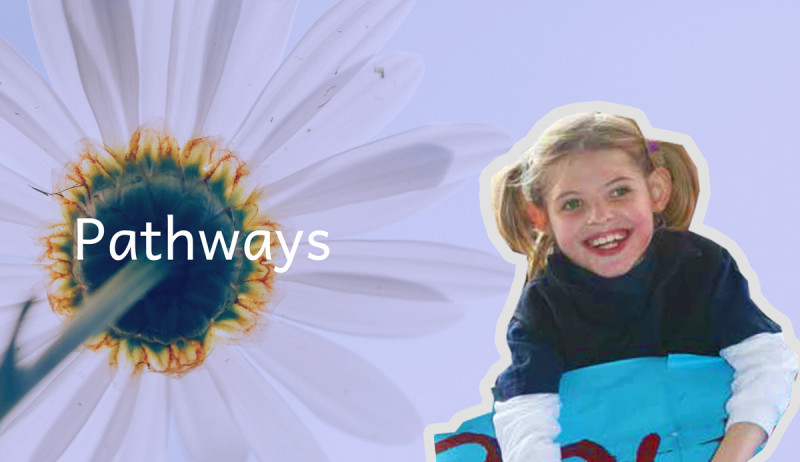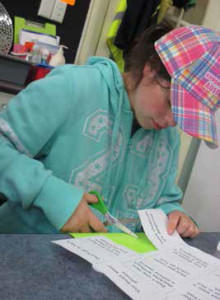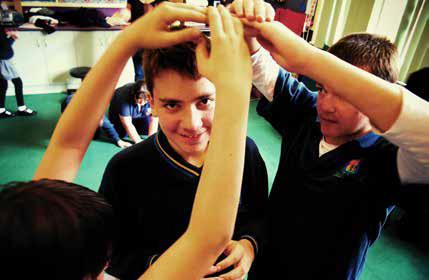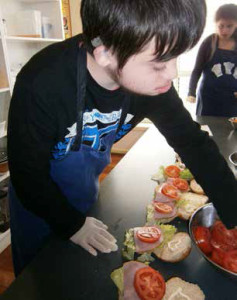The Pathways sub school caters for students between the ages of 10 to 14.
The staff use our arts-based Visual and Performing Arts Curriculum to plan and implement methods that meet the needs of all our students.
Literacy and Numeracy
Literacy and numeracy are a regular timetabled series of lessons each week .The focus in literacy is on communication, awareness of print, and developing understanding of multiple ways to communicate. Numeracy covers such topics as number, space, time, and money.
Socialisation
The primary focus for students in the Middle Years is communication and socialization. Methods of communication include speech, Makaton keyword signing, cued articulation, Picture Exchange Communication System, photographs, visual aids and communication devices.
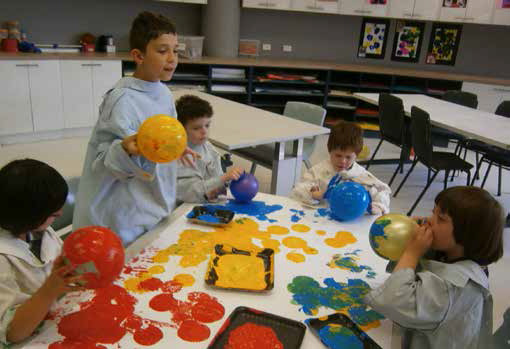
Socialization programs include developing concepts of self and how to interact positively with others, this is done through community outings, the Morning Circle program, camps, independent living programs such as Gardening, Canteen, Melbourne Sports & Aquatic Centre (MSAC), Riding for the Disabled (RDA) and daily school activities.
Collaboration: Canteen
Each year, each sub-school collaborates with school staff and therapists in an activity that meets the objectives and requirements of each child’s needs and teaches skills based on hands-on experience. Below are some examples of the collaboration activities undertaken by Pathways Students.
School Canteen is a program withing the Pathways and ‘Transition To Life’ sub schools. Each Thursday students from these schools make lunches for their fellow students and for staff members too.
Run collaboratively with Occupational Therapists and education support staff, students collates orders, calculate the amount of food required and carry out the canteen shopping. This becomes a valuable part of the Maths program.
The Canteen program is designed to provide students with the opportunity to work towards achieving their goals in the areas of English, Maths, and Living Skills. Applying their skills to real life situations, they are able to experience the constraints of meeting a time frame and dealing with various requests. Hygiene is addressed weekly with the emphasis on appropriate handling of food and personal cleanliness.

